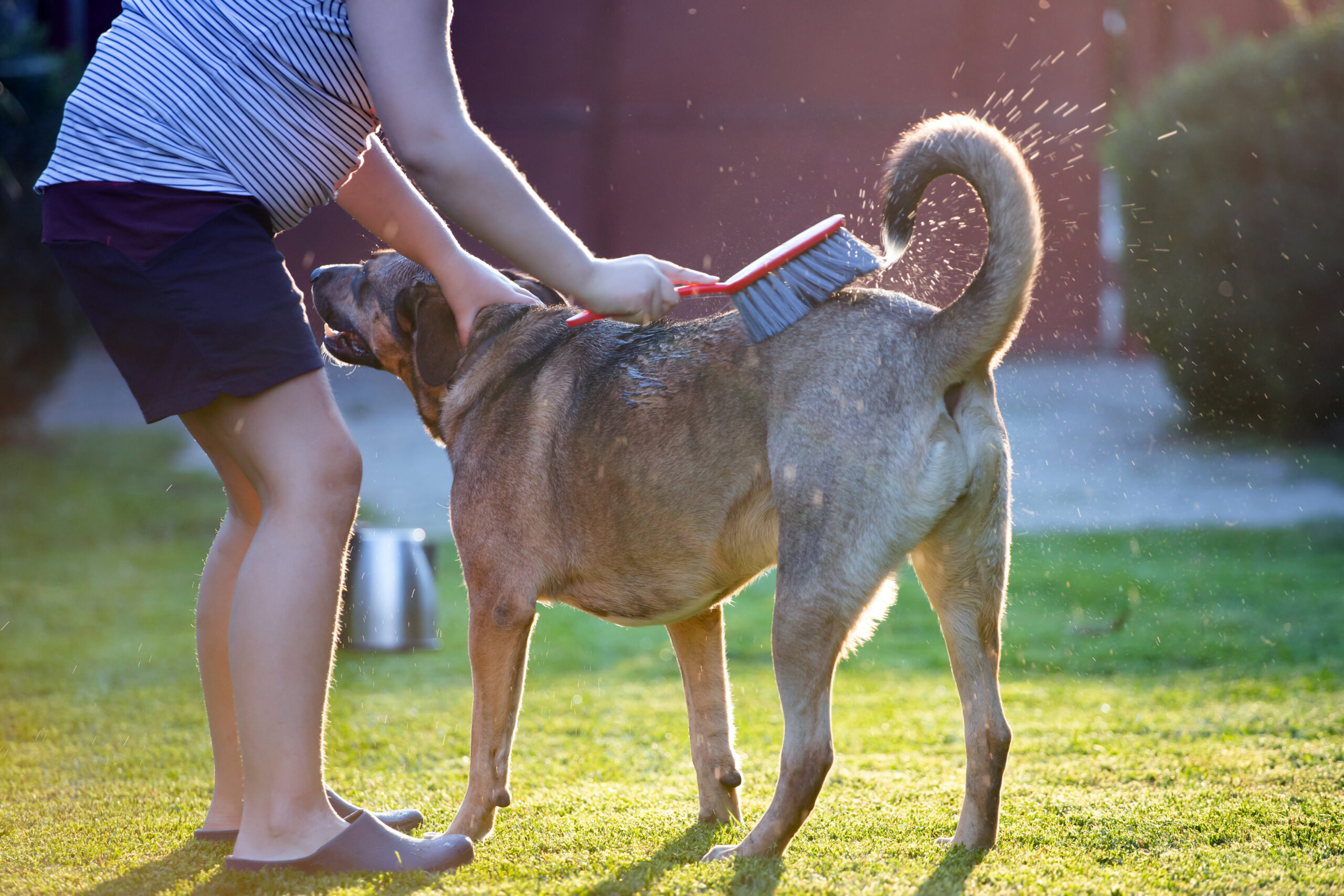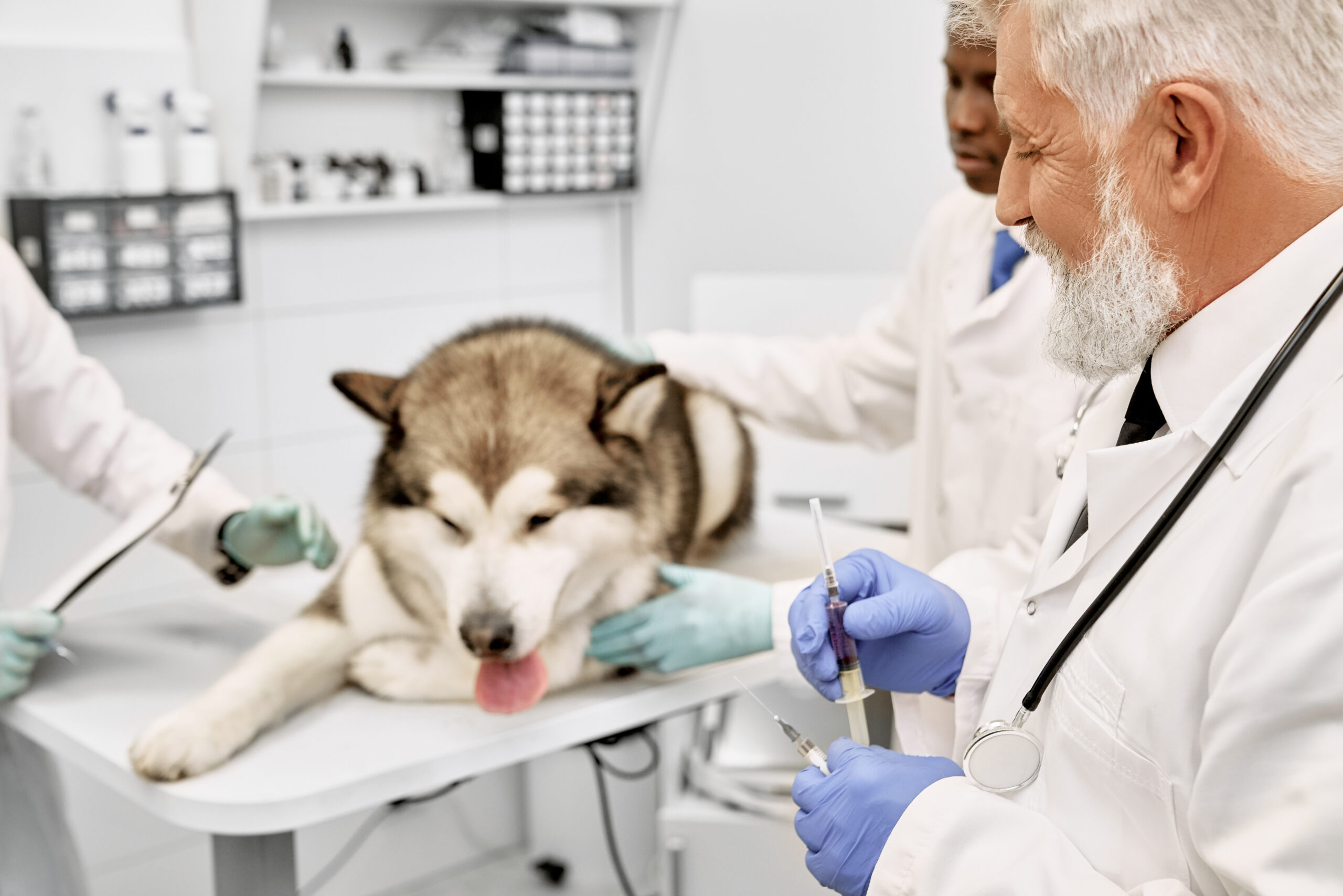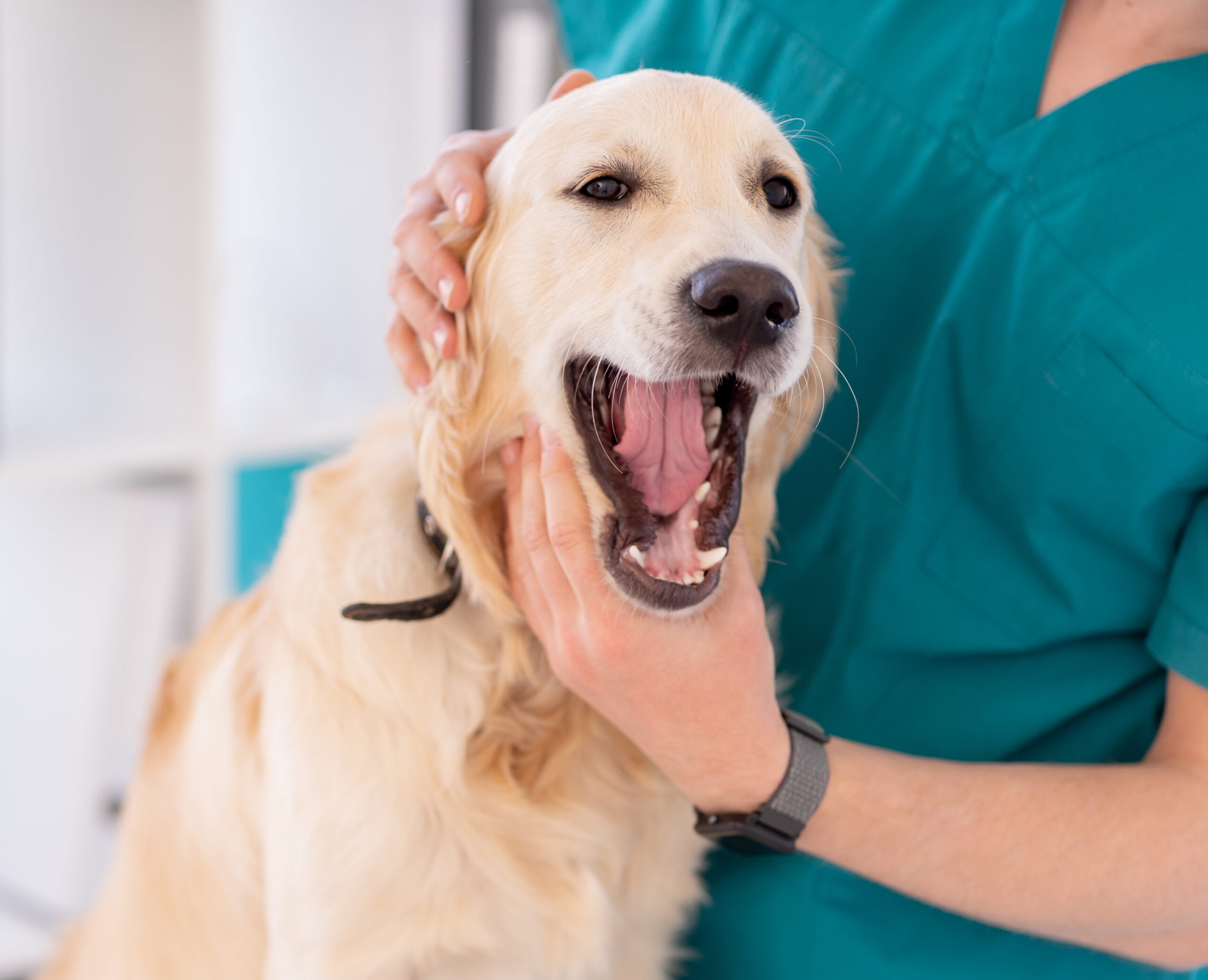3 October 2025
There's a tiny pest that can cause big problems for our pets and our homes: the flea. As responsible pet parents, we know prevention is key, but walking down the pet care aisle or browsing online can be overwhelming. From topical spot-on treatments and oral tablets to medicated shampoos, how do you choose what's best for your furry family member?
It can feel complicated, but it doesn't have to be. To simplify the process, we've created a simple acronym to guide your decision: F.L.E.A. By considering these four key factors, you can confidently choose a preventative that keeps your pet safe, happy, and itch-free.
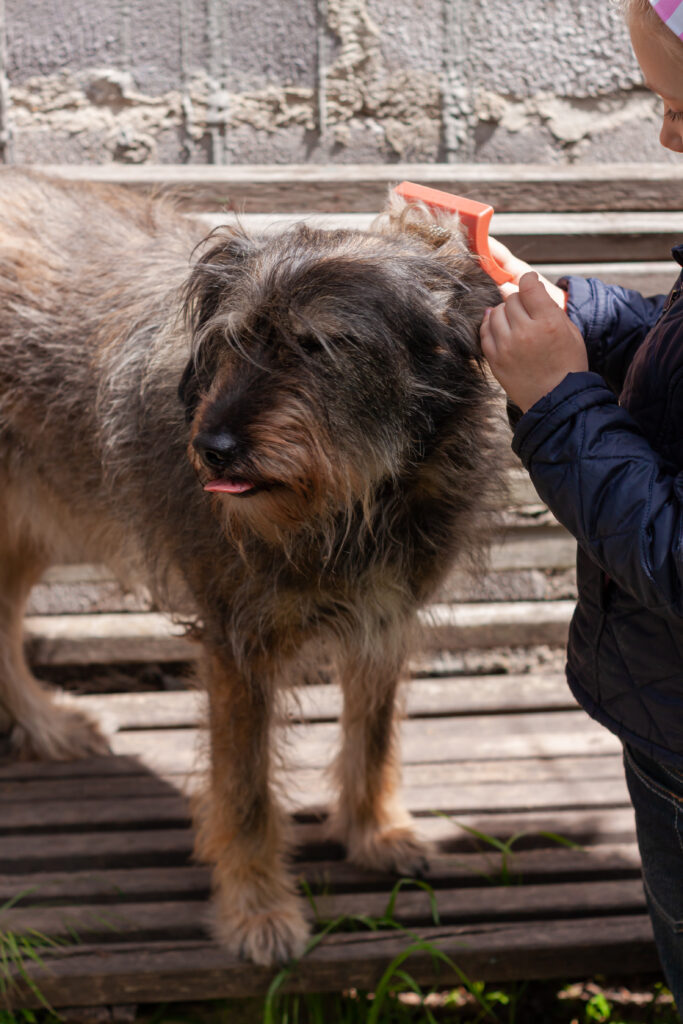
F is for Friendly
First and foremost, any product you use must be friendly—to your pet, to your family, and to the environment.
- Pet Safety: Your pet's health is the top priority. Some older flea products, while effective, can carry a risk of toxicity or severe neurological side effects if misapplied or given in the wrong dose. It's crucial to read labels carefully and follow dosage instructions to the letter.
- Know Your Ingredients: Many popular spot-on treatments contain synthetic pyrethroids like permethrin. These compounds are man-made versions of pyrethrins, which are natural insecticides derived from chrysanthemum flowers (Chrysanthemum spp.). While effective, they must be used with caution.
- Environmental Impact: Consider products that are safe for the broader environment and non-target species.
CRITICAL WARNING FOR CAT OWNERS Never use a flea prevention product designed for dogs on your cat. Dogs and cats have different metabolisms, and ingredients like permethrin, which are safe for dogs in appropriate doses, are extremely toxic to cats and can cause severe seizures and even death. Always use a product specifically formulated for felines.
When in doubt, your veterinarian is your best resource to discuss the safety profile of any product you're considering.
L is for Lifestyle
The best flea preventative is one that seamlessly fits into your life and your pet's daily activities. What works for a quiet lap dog may not be the best choice for an adventurous, water-loving retriever.
Consider these lifestyle questions:
- Does your pet swim or get bathed often? If your dog is a frequent swimmer or requires regular baths, a topical (spot-on) treatment may get washed away, reducing its effectiveness. In this case, an oral chewable tablet might be a more reliable choice.
- Are you looking for convenience? If you have a hard time remembering to administer multiple monthly medications, consider an all-in-one product. Many modern oral and topical solutions combine flea prevention with protection against heartworms, ticks, and intestinal parasites.
- Do you have a multi-pet household? It's essential to treat all pets in the home, not just the one with visible fleas. An infestation can spread quickly between animals. Make sure the products you choose are safe for each species (dog, cat, etc.) in your home.
E is for Effective
A flea preventative is useless if it doesn't work. The goal is to both kill existing fleas and prevent new ones from making a home on your pet.
- Correct Application is Key: For topical products to work, they need to be applied directly to the skin, not just on the fur. They then spread through the oils on your pet's skin. Shampoos, especially those with harsh detergents, can strip these oils and remove the product, so be sure to follow the product's instructions regarding bathing.
- Regional Resistance: In some areas, local flea populations may have developed resistance to certain active ingredients. If you find that a product that once worked is no longer effective, consult your veterinarian. They will be aware of regional resistance patterns and can recommend a more effective alternative.
- Treat the Environment: Remember that only about 5% of the flea population (the adult fleas) are on your pet. The other 95%—eggs, larvae, and pupae—are in your home and yard. An effective plan includes treating your environment by vacuuming frequently, washing pet bedding in hot water, and considering pet-safe yard treatments.
A is for Affordable
The cost of flea prevention can vary widely, but it should always be viewed as an investment in your pet's health. While it may seem like just another monthly expense, it can save you a significant amount of money and heartache down the road.
A flea infestation can lead to other costly health issues, including:
- Tapeworms: Fleas are common carriers of tapeworm eggs. If a pet ingests an infected flea while grooming, they can develop a tapeworm infection that requires specific deworming medication.
- Skin Infections: Constant scratching from flea bites can lead to painful skin infections, known as "hot spots" or flea allergy dermatitis, often requiring multiple vet visits, antibiotics, and steroid treatments.
- Anemia: In severe infestations, especially in puppies, kittens, or small pets, the blood loss from thousands of flea bites can lead to life-threatening anemia.
While professional products recommended by your vet are often the most effective, discuss all options with them, including reputable over-the-counter brands, to find a solution that fits your budget.
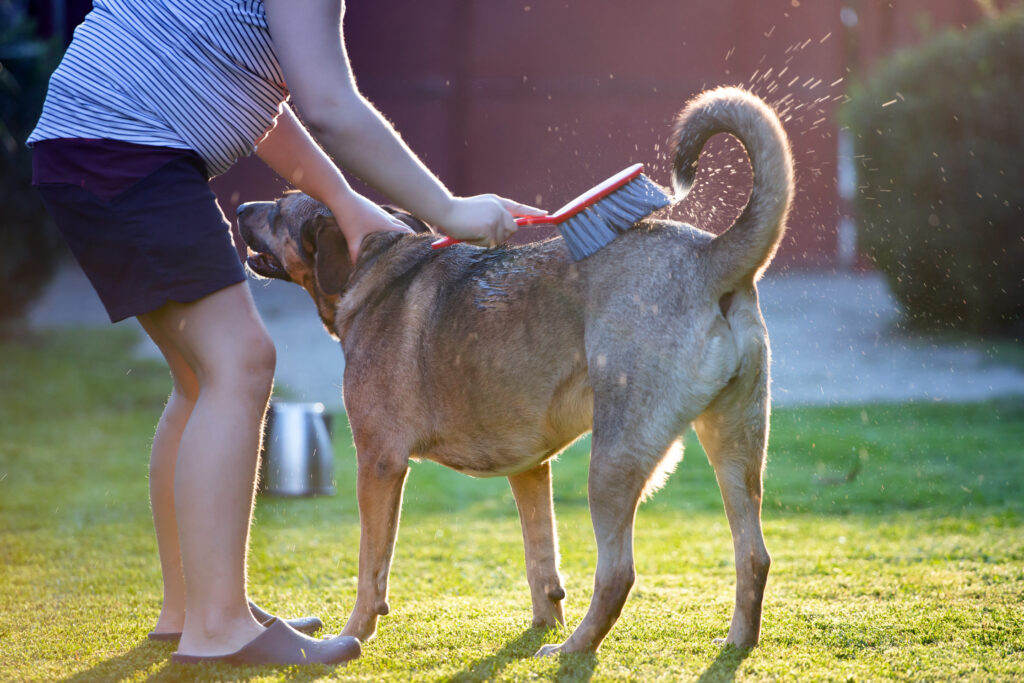
What About Dawn Dish Soap?
You may have heard that a bath in Dawn dish soap can kill fleas. This is true—it acts as a surfactant that breaks down the fleas' exoskeletons, causing them to drown. However, it should only be considered a temporary, one-time fix to remove adult fleas currently on your pet. It offers no residual protection, meaning new fleas can jump right back on as soon as your pet is dry. Furthermore, dish soap can be harsh and strip the natural oils from your pet's skin, leading to dryness and irritation.
Your Veterinarian Is Your Partner
Choosing the right flea control is a crucial decision for your pet's well-being. By using the F.L.E.A. method—prioritizing a Friendly, Lifestyle-appropriate, Effective, and Affordable solution—you can narrow down the choices.
Remember, veterinarians are your best partners in pet health. They are always happy to answer your questions and help you navigate these decisions to keep your best friend protected.
